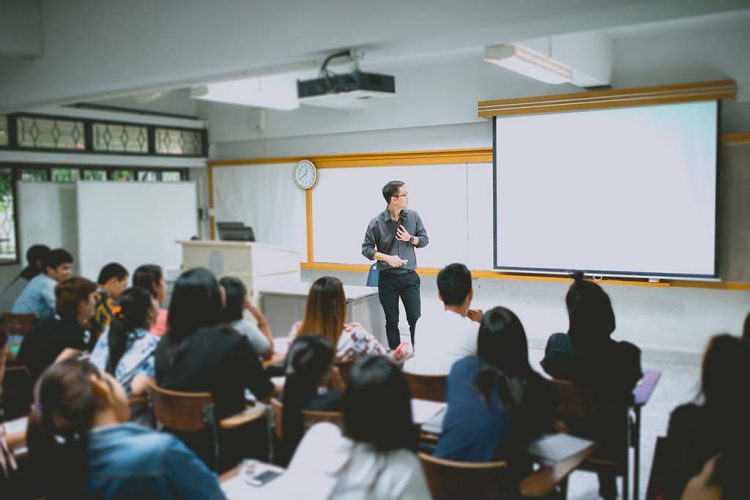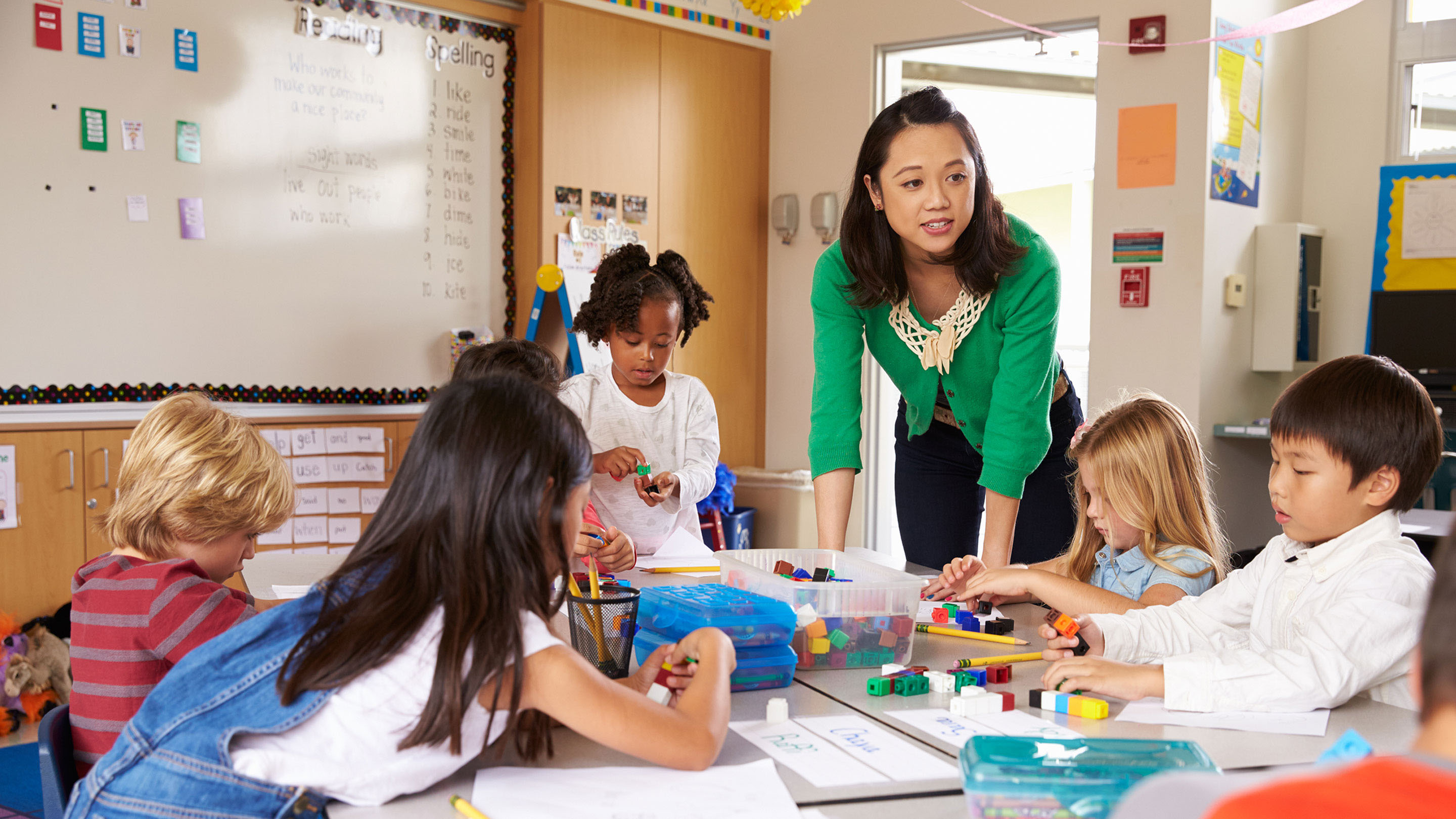Primary Science Tuition Singapore for Building Confidence in Science
Primary Science Tuition Singapore for Building Confidence in Science
Blog Article
Discover the Essential Benefits of Understanding Primary Science for Young Students
The significance of primary scientific research education and learning for young learners extends much past plain knowledge procurement; it serves as a fundamental column in establishing vital skills such as crucial thinking, analytical, and creative thinking. Engaging with scientific concepts through inquiry-based and interactive tasks not just cultivates inquisitiveness but additionally prepares for durable, certain students. As we discover these benefits further, it ends up being clear that the ramifications for future scholastic and personal development are profound. What particular methods can instructors employ to make best use of these benefits?
Enhancing Critical Believing Abilities
Cultivating important believing abilities in young learners is necessary for their cognitive development and future academic success. Important thinking enables kids to analyze info, assess proof, and make educated decisions, which are crucial abilities in today's information-rich society. By taking part in scientific query, young students can enhance these abilities as they discover ideas via reasoning, testing, and observation.
In key scientific research education and learning, educators can promote crucial reasoning by motivating students to ask concerns, develop hypotheses, and carry out experiments. This hands-on strategy allows youngsters to practice analytic and create logical thinking skills. For instance, when pupils check out the properties of materials or the concepts of motion, they discover to assess their searchings for seriously and draw verdicts based upon evidence.
In addition, discussions and collective projects can advertise important thinking by providing opportunities for students to express their ideas, difficulty presumptions, and think about varied perspectives. By creating an encouraging atmosphere that values query and reflection, teachers can nurture crucial thinking abilities that encourage young students to end up being independent thinkers and long-lasting learners. Eventually, enhancing these skills lays a robust structure for their future academic undertakings and individual development.
Promoting Inquisitiveness and Exploration

Key science education and learning gives an organized environment where young learners can explore numerous phenomena via hands-on experiments and observations. By permitting them to connect with materials and engage in inquiry-based discovering, teachers develop possibilities for children to create theories, examine their ideas, and draw verdicts. Such experiences nurture a feeling of marvel and exhilaration about scientific research.

Building Confidence in Issue Solving
Building self-confidence in problem-solving is an essential component of key scientific research education and learning that encourages young students to come close to obstacles with strength and creative thinking - primary science tuition Singapore. They create vital skills in crucial thinking and analysis when kids are encouraged to engage with scientific concepts with hands-on tasks and inquiry-based understanding. This process not only boosts their understanding of clinical concepts however likewise fosters a feeling of ownership over their understanding
To build self-confidence, instructors should develop a helpful atmosphere where errors are deemed possibilities for development as opposed to failures. This motivates trainees to take dangers and discover various services to troubles. By offering scaffolding and support, instructors can help pupils navigate intricate tasks, slowly raising their freedom browse around these guys in analytic scenarios.
In addition, collaborative knowing check my reference experiences, such as group tasks or experiments, can better boost pupils' confidence as they learn to articulate their thoughts and listen to others' viewpoints. These communications support social abilities and reinforce the concept that problem-solving is commonly a cumulative venture. Eventually, cultivating confidence in problem-solving prepares young students for future scholastic difficulties and outfits them with the tools required for long-lasting discovering.
Motivating Creative Thinking and Technology
In the realm of main scientific research education, encouraging imagination and technology is essential for growing a vibrant knowing environment. By cultivating a society where young students can discover ideas and experiment openly, teachers aid students establish critical thinking skills and an interest for discovery. Imagination in science urges youngsters to ask concerns, create theories, and involve in hands-on tasks that stimulate their creativity.
Integrating flexible jobs and inquiry-based discovering right into the curriculum permits students to reveal their special perspectives and solutions. For example, when entrusted with fixing a trouble pertaining to their atmosphere, trainees can brainstorm numerous techniques, bring about inventive results that display their originality. This not only deepens their understanding of scientific ideas but likewise infuses a sense of possession over their learning procedure.
In addition, innovative science education and learning nurtures collaboration among peers, as pupils often share concepts and construct on each other's understandings - primary science tuition Singapore. This collective spirit promotes not only advancement however additionally vital social abilities. Therefore, by prioritizing creative thinking and advancement in key scientific research education and learning, we encourage young students to think critically, welcome obstacles, and imagine opportunities, laying a strong foundation for long-lasting understanding and expedition
Getting Ready For Future Understanding Challenges
Young learners' capability to navigate future discovering challenges rests on a strong structure in primary scientific research education. This fundamental understanding equips students with important believing abilities and a systematic technique to analytic, essential for taking on complex problems in an ever-evolving world. Primary science promotes inquiry-based learning, motivating pupils to ask concerns, explore hypotheses, and participate in hands-on experiments.
As original site they develop these skills, students become proficient at examining data, recognizing patterns, and drawing educated final thoughts. Such expertises are crucial not only in scientific areas however also in design, math, and innovation (STEM), where interdisciplinary expertise is increasingly critical.
Furthermore, primary science education grows a sense of interest and resilience in young learners, allowing them to watch obstacles as chances for development. As they encounter and overcome barriers in their clinical explorations, they build self-confidence in their ability to adjust and introduce.
Inevitably, a strong structure in main scientific research not only prepares young learners for scholastic searches but additionally outfits them with the devices needed for lifelong understanding and flexibility in a quickly changing worldwide landscape. By investing in key science education, we are buying the future potential of our learners.
Final Thought
Recognizing main science is crucial for young learners, as it fosters essential reasoning, inquisitiveness, and creativity. Engaging with clinical principles through hands-on experiments boosts analytical abilities and constructs durability. This foundational understanding not only gears up students to evaluate data and identify patterns however also nurtures an inquiry-based mindset. Eventually, the benefits of main scientific research education and learning prepare kids for future academic pursuits and impart long-lasting learning habits important for prospering in an ever-evolving globe.
The significance of primary scientific research education for young learners prolongs far past plain understanding procurement; it offers as a fundamental pillar in establishing crucial abilities such as essential reasoning, analytical, and imagination. By creating a helpful environment that values query and reflection, instructors can nurture important assuming abilities that empower young learners to come to be lifelong students and independent thinkers. Thus, by prioritizing creativity and technology in key science education and learning, we equip young students to believe seriously, welcome difficulties, and envision opportunities, laying a solid structure for long-lasting discovering and exploration.
Young learners' ability to browse future knowing challenges hinges on a solid foundation in key scientific research education and learning.Comprehending main scientific research is critical for young students, as it fosters vital reasoning, curiosity, and creative thinking.
Report this page